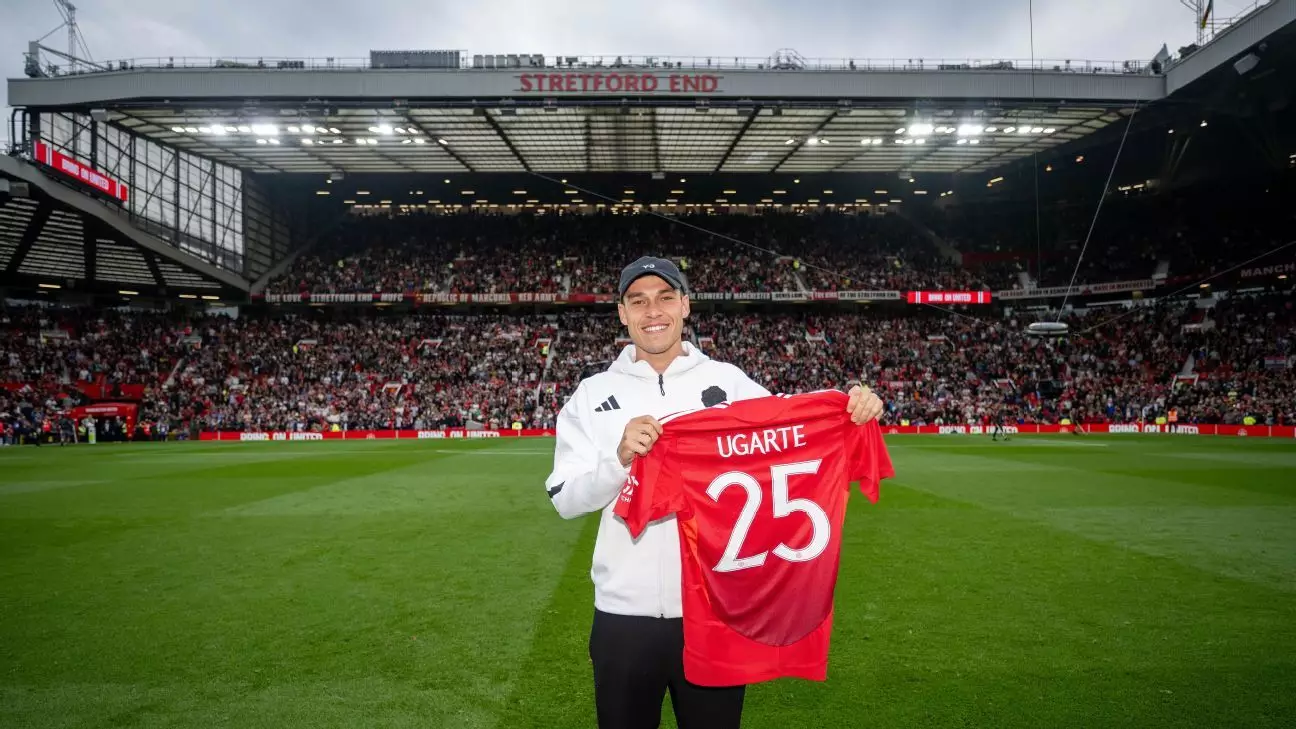The summer 2024 transfer window has come to a close, and the Premier League seems to be feeling the pinch when it comes to spending in transfers. Net spending, which is essentially the difference between the amount received from selling players and the amount spent in acquiring new ones, is significantly down. In fact, compared to previous years, the net spend for Premier League clubs this summer was around £629.8 million, a sharp decline from £1.070 billion in the previous year. This decrease in spending is the lowest since 2019, excluding the COVID-impacted summer of 2021, and even when adjusted for inflation, it’s the lowest since 2014.
Financial Realities Facing Clubs
The decrease in spending can be attributed to the fact that Premier League clubs have overspent in recent years, leading to significant financial losses. According to Swiss Ramble, operating losses for clubs have more than tripled, from £413m in 2018-19 to £1.338bn in 2022-23. Players’ wages have also increased significantly, resulting in further financial strain for clubs. As a result, owners have had to inject capital into their clubs to keep them afloat, with £1.1bn of owner funding recorded in 2022-23.
Reasons Behind Investment in Football Clubs
Typically, there are three main reasons why individuals invest in a business, including football clubs: either for the passion and enjoyment of being involved, for profitability, or with the expectation that the business will increase in value over time. However, in the current landscape of the Premier League, profitability seems to be a distant goal, with many clubs struggling to make ends meet due to excessive spending in the past.
Football clubs generate revenue primarily through match day receipts, broadcast revenue, and commercial revenue. However, clubs have reached a saturation point with match day receipts, as stadiums can only accommodate a certain number of fans, and ticket prices have their limits. Broadcast revenue, which is a significant income source for clubs, has also plateaued, with the Premier League earning nearly a third less from its new domestic deal compared to a decade ago. Similarly, commercial revenue has increased but is insufficient to cover the escalating player wages, resulting in financial losses for clubs.
In response to the financial challenges faced by clubs, there has been a shift towards sustainability and cost-cutting measures. Clubs are now focusing on reducing high earners in their squads and implementing smarter transfer strategies. Instead of investing in older, high-cost players, clubs are opting for young talents with resale value, emphasizing long-term sustainability over short-term gains. This shift is crucial for clubs to remain financially viable in the long term.
Despite the financial challenges currently faced by Premier League clubs, there is optimism that a more sustainable model can be achieved. By carefully managing player contracts and transfer strategies, clubs can work towards breaking even and eventually turning a profit. While the current financial landscape may require tightening belts and making tough decisions, the shift towards sustainability is necessary for the long-term health of football clubs in the Premier League.
The decreased spending in Premier League transfers reflects a broader trend towards financial caution and sustainability among clubs. By adapting to the changing financial realities and implementing smarter strategies, clubs can navigate the challenges posed by excessive spending and work towards a more stable and profitable future.

